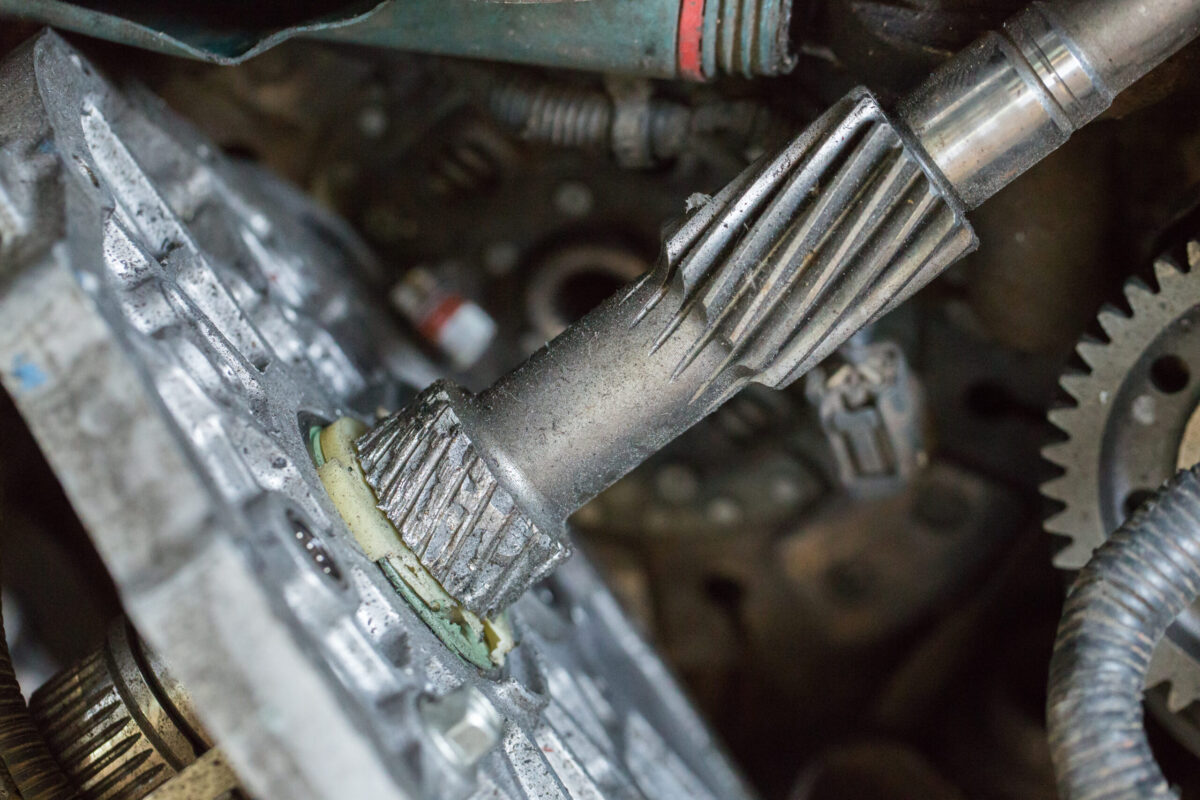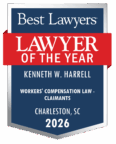
When you buy a product – regardless of what the product is – you are doing so because you have a belief that the product will benefit your life in some way. Whether it is a new car to get you to work safely and efficiently, or a new blender to help you make your favorite smoothie in the morning, products are designed to enhance our lives.
Too often, however, the unexpected happens and a product that should be safe for use is designed or manufactured defectively, posing the risk of danger to the user. When this happens, and the user sustains actual harm, the manufacturer of the product (as well as others along the manufacturing and distribution chain) may be held liable for damages.
Types of Product Defects
Product liability is a legal concept that holds a manufacturer (or distributor) of a defective product liable for damages caused to a consumer. There are three types of product defects for which a manufacturer/distributor may be held liable:
- Design defects. A design defect starts at the inception of the manufacturing process, and refers to an actual defect in the design of the product, rather than a defect that occurs as the product is being created. Design defects refer to inherent flaws; the product is fundamentally unsafe based on its poor design.
- Manufacturing defects. Unlike design defects, manufacturing defects are not inherent; rather, the design of these products is safe, but something occurs along the production chain that renders the product unsafe. For example, consider tires for a vehicle. The tires may be designed without flaw, but while being manufactured, dirt, sawdust, or other debris contaminates the adhesive used in construction of the tires, putting them at risk for tread separation when used.
- Marketing/labeling defects. When a marketing or labeling defect occurs, the manufacturer/marketer fails to provide proper instructions or warnings with its product. For example, a hairdryer is dangerous in that if it is plugged in and exposed to water, it poses the risk of electrocution. Because this risk is inherent in the product’s design (and cannot be changed), the manufacturer of a hairdryer must warn the consumer that this risk exists, which is why nearly all cosmetic appliances containing warning labels on their cords. Warning labels are also common on over-the-counter and prescription drugs.
Who is Liable for Harm Caused by a Defective Product?
In order to recover compensation for harm caused by a defective product, an injured consumer must establish that a party –typically either the manufacturer or distributor of the product – committed an act of negligence, and that the defect in the product would not exist but for this negligence. In some cases, a plaintiff may pursue a case based on the theory of res ipsa loquitur, meaning “the thing speaks for itself.” If liability is pursued on these grounds, the plaintiff is required to meet the burden of proof with circumstantial evidence only, whereas the defendant must prove that they were not negligent.
Consider the case of defective airbags in vehicles, which fail to inflate when a driver is in a crash. If a person is in a car accident and suffers harm that they would not have suffered had airbags inflated, then they may be able to pursue legal action against:
- The manufacturer of the airbags
- The manufacturer of the vehicle in which the airbags were used
- The party who sold the vehicle (e.g. a car dealer) if the party knew of the defect and sold the car regardless
(The above list is not inclusive. There may be other parties along the manufacturing chain who demonstrated negligence, such as the manufacturer of a part that is used in the airbags).
A lawsuit that proves negligence and holds one of the above parties liable for harm can seek damages for medical expenses, pain, suffering, lost wages, attorneys’ fees, and any other economic and noneconomic losses suffered.
Common Types of Defective Products
Nearly all products have the potential to contain some sort of defect, even ones that may seem relatively simple, and therefore innocuous. Some common categories of defective products include:
- Furniture, including baby furniture and cribs
- Electronics
- Household appliances
- Vehicles
- Prescription and over-the-counter drugs
- Children’s toys
- Medical devices
- Cleaning products
The Benefits of Working With a Defective Products Attorney
Being injured by a product that you bought, and that you expected to add to your quality of life, not detract from it, can be shocking. When this happens, attempting to take legal action without an experienced and knowledgeable attorney representing you is ill-advised. This is the case for a number of reasons, including the fact that identifying the liable party or parties often requires an extensive investigation and the opinions of experts; the law poses strict restrictions and requirements regarding when a lawsuit can be filed, how to file a lawsuit, and the burden to prove negligence; and often times, the defendant in the case is a huge corporation that has money and power on its side, including experienced attorneys who will be ready to fight back against you.
When you work with an aggressive North Charleston defective products attorney, you improve your chances of a successful case. Your attorney has the resources and skill set that your case demands, including the ability to front expenses that you will likely encounter (such as the cost of working with experts). Your attorney will also have a skilled team at their disposal, which will include other legal professionals, legal secretaries, and more who will work tirelessly on your case, organize documents and evidence, and be available to answer any questions that you may have. Of course, an attorney is also trained in the law, and can advise you regarding things such as a statute of limitations or possible routes to recovery. Perhaps most importantly, your attorney will stand up to big money that wants to get away with causing you harm and not taking responsibility.
Contact Our Charleston Defective Products Lawyers Today
At Joye Law Firm, we understand the shock and distrust that you are likely experiencing after being injured by a product that you purchased. Do not let the product manufacturer or distributor get away with causing you injury – call our passionate Charleston attorneys today to schedule your free case consultation and learn how we can help you recover the compensation that you deserve.
Joye Law Firm North Charleston Office Location
5861 Rivers Ave
North Charleston, SC 29406
(843) 508-9015



























